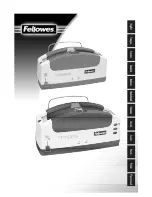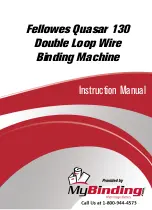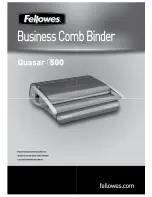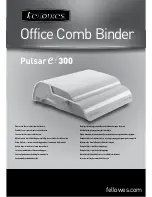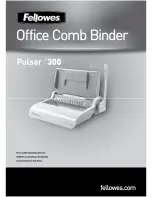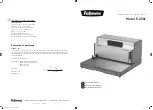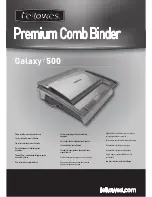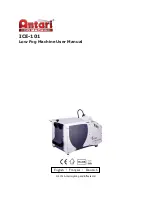
47
W
Buttonhole sewing
D
B-17
B-22
B-21
B-19
B-20
B-16
B-18
D
B-17
B-22
B-21
B-19
B-20
B-16
B-18
D
B-17
B-22
B-21
B-19
B-20
B-16
B-18
➋
➊
Buttonhole sewing
15: For light to medium weight fabrics
16: For light or medium weight fabrics
17: For light or medium weight fabrics
18: For heavier weight fabrics
19: For jeans or trousers
20: For jeans or stretch fabric with a coarse weave
21: For stretch fabric
NOTE: Before sewing a buttonhole on your project, prac-
tice on a scrap piece of the same type of fabric.
➊
Mark the positions of the buttonhole on the fabric.
The maximum buttonhole length is 3 cm (1 3/16’’).
(Total of di thickness of button.)
➋
Attach the buttonhole foot, then pull out the button
holder plate and insert the button.
The size of the buttonhole is determined by the but-
ton inserted in the button plate.
The thread should be passed through the hole in the
presser foot, then be placed under the foot.

































